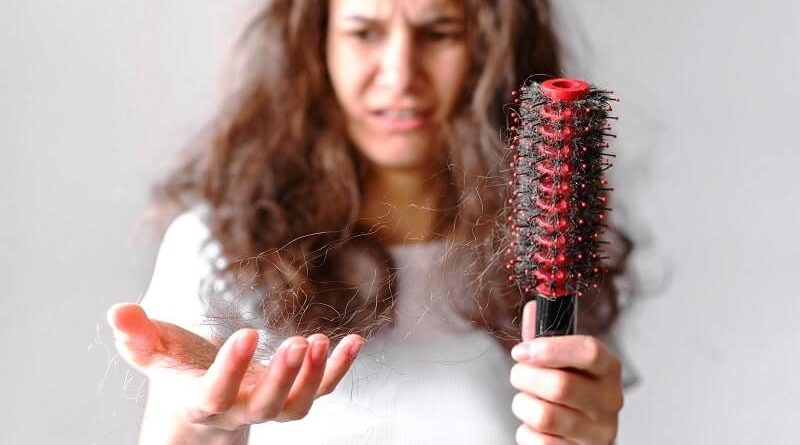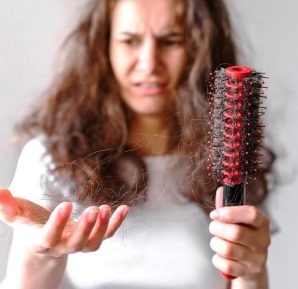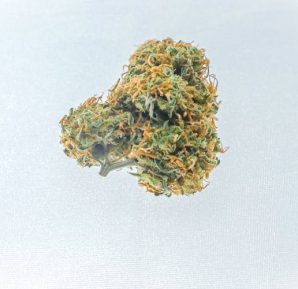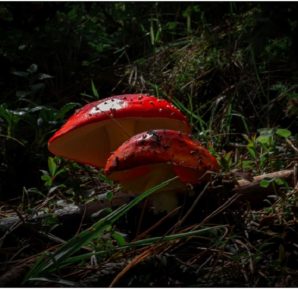Explore the scientific perspective on CBD for hair loss. Unlock insights into the potential benefits of cannabidiol in promoting scalp health and hair growth.
The Medical Expert’s Unveiling of CBD’s Potential for Hair Loss
Affecting millions of people across the globe, hair loss is a difficult and emotionally taxing affliction to deal with. Investigating novel approaches to this problem is of the utmost importance to healthcare providers. One compound that has shown promise in preventing hair loss is Cannabidiol or CBD. This article will discuss the ways cannabidiol (CBD) is being studied as a possible treatment for alopecia, taking a look at the current state of research, the ways CBD works, and what people should know before using it to improve their hair’s health.
Getting to Know Hair Loss
Pattern baldness, excessive shedding, and autoimmune-related hair loss are the three main manifestations of alopecia, the medical term for hair loss. Many factors contribute to this, including heredity, hormones, stress, and health issues. Although conventional therapies like finasteride and minoxidil are widely recommended, there has been an increasing interest in alternative alternatives, such as CBD.
The Endocannabinoid System (ECS) and Cannabidiol (CBD) in Scalp
Inflammation, immunological responses, and the hair follicle cycle are all modulated by the scalp’s natural endocannabinoid system. CBD may be useful in tackling the multi-factorial causes of hair loss because of its interactions with the ECS and its effects on receptors like CB1 and CB2.
Inhibition of Inflammation by Cannabidiol (CBD)
Inflammation has a role in several hair loss types, including autoimmune disorders. CBD’s anti-inflammatory effects have been extensively studied, and they may be useful in reducing inflammation on the scalp, which could lead to a more favorable environment for hair development.
Telogen Effluvium with Cannabidiol (CBD) for Stress Reduction
Stress or trauma can set off telogen effluvium, which is marked by an abnormally high rate of hair loss. CBD’s anxiolytic effects may contribute to stress reduction, which in turn may affect hair growth cycles and lessen the severity of stress-induced hair loss.
Possible Effect on Hormonal Homeostasis
Androgenetic alopecia is the most prevalent type of hair loss, and it is largely caused by hormonal imbalances, especially changes in androgen levels. CBD has been studied for its possible effects on hormone balance, which has sparked interest in its ability to address hormonal issues that contribute to hair loss. It is worth investigating CBD’s androgenetic alopecia based on studies that have investigated its interaction with hormonal pathways, such as one published in the British Journal of Pharmacology in 2011. However, further research is necessary to establish conclusive correlations.
Stimulating Hair Growth with CBD
Optimal hair development can only be achieved by keeping the scalp in good health. CBD’s anti-inflammatory, antioxidant, and sebum-regulatory properties make it an attractive candidate for use as a scalp health booster. Researchers have looked at cannabis and its effects on sebaceous gland function, specifically how it affects lipid synthesis. Evidence like this points to CBD’s potential role in promoting a healthy scalp environment.
Hair Care Products Enriched with CBD for Topical Use
Hair care products containing cannabidiol (CBD), such as shampoos, conditioners, and serums, have recently become popular due to their targeted and convenient topical administration. These CBD for hair loss items are an attempt to improve hair health by delivering the possible advantages of CBD straight to the scalp. Anecdotal evidence and preliminary studies indicate that formulations containing CBD may enhance hair texture and manageability, while research on the effectiveness of particular CBD-infused hair products is still in its infancy.
Important Factors to Keep in Mind When Using CBD Oil to Treat Hair Loss
It is important to take into account personal health factors and talk to healthcare providers before adding CBD to a hair care regimen to treat hair loss. It is important to think about safety factors such as possible drug interactions and individual sensitivity. To be sure you’re getting pure CBD, it’s best to buy from a reputed company. To make educated decisions, it is crucial to get products tested by a third party to ensure they are free of contaminants and contain accurate concentrations of CBD.
Comprehensive Methods for Treating Hair Loss
It is important to consider CBD as part of a comprehensive strategy for hair health, even though it shows potential in tackling certain areas of hair loss. Diet, water intake, and stress reduction are all aspects of one’s lifestyle that have a direct impact on one’s health and, by extension, one’s hair. With the help of medical experts, patients can determine the root causes of their hair loss and work together to find the best way to incorporate CBD into their hair care routine.
Conclusion
Finally, the study of cannabidiol (CBD) as a treatment for alopecia is an exciting new frontier in dermatology. Despite the encouraging results, using CBD on its own will not improve hair health; a more comprehensive approach is necessary. As more information becomes available, the medical community will be crucial in directing people toward practices supported by evidence, which will put their safety and health first. Those looking for alternate methods to manage hair loss can gain a nuanced perspective from the multidimensional potential of CBD in addressing inflammation, stress, hormonal balance, and scalp health.












